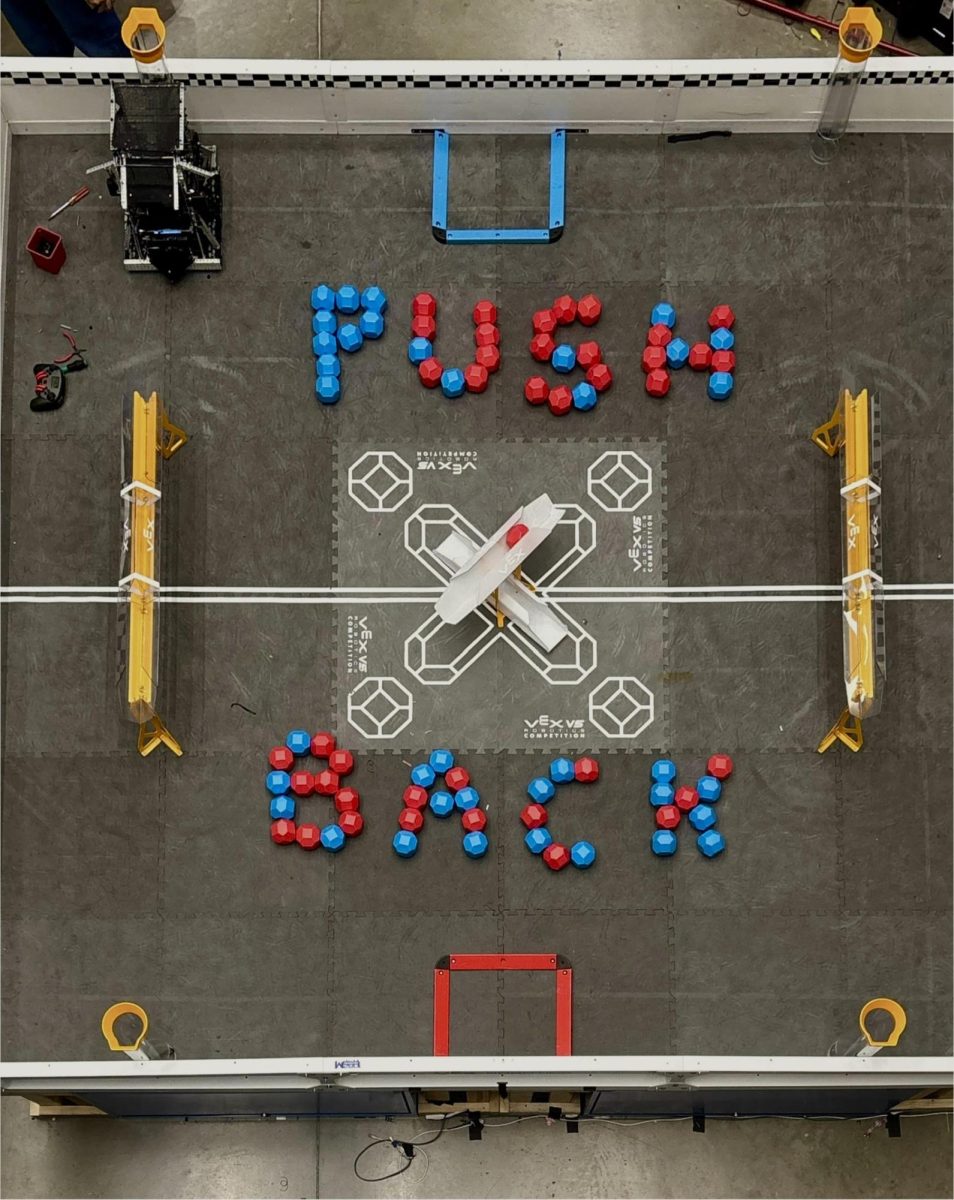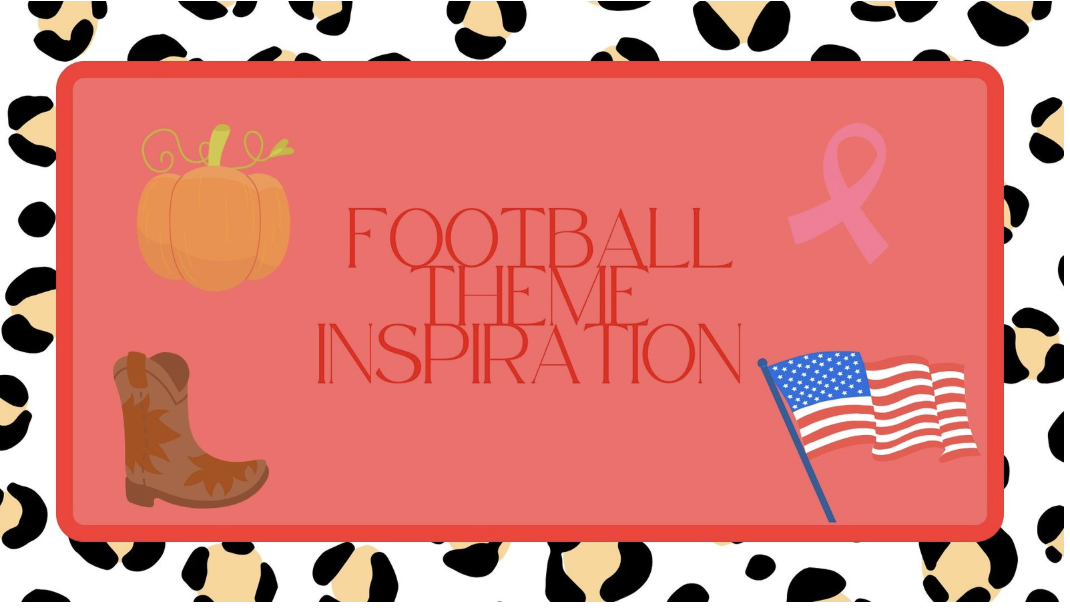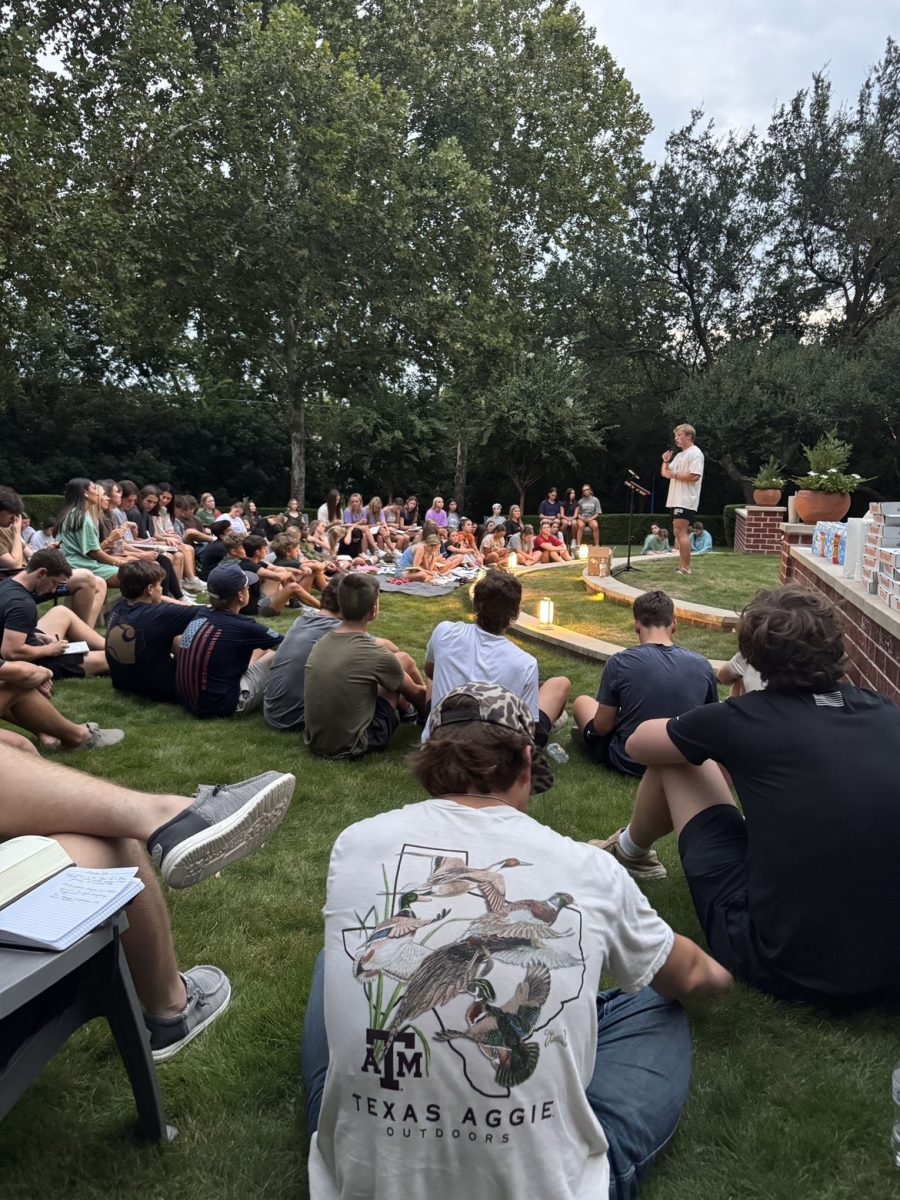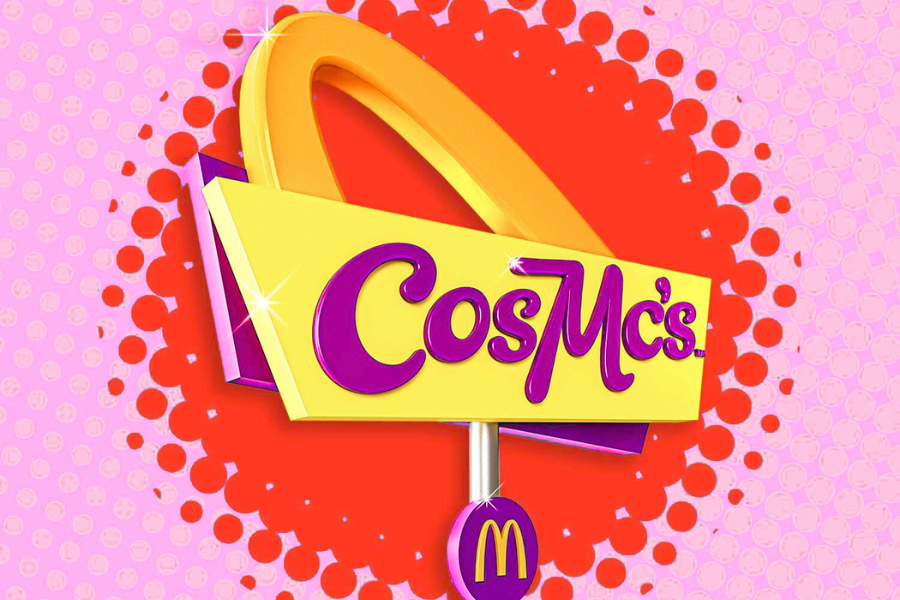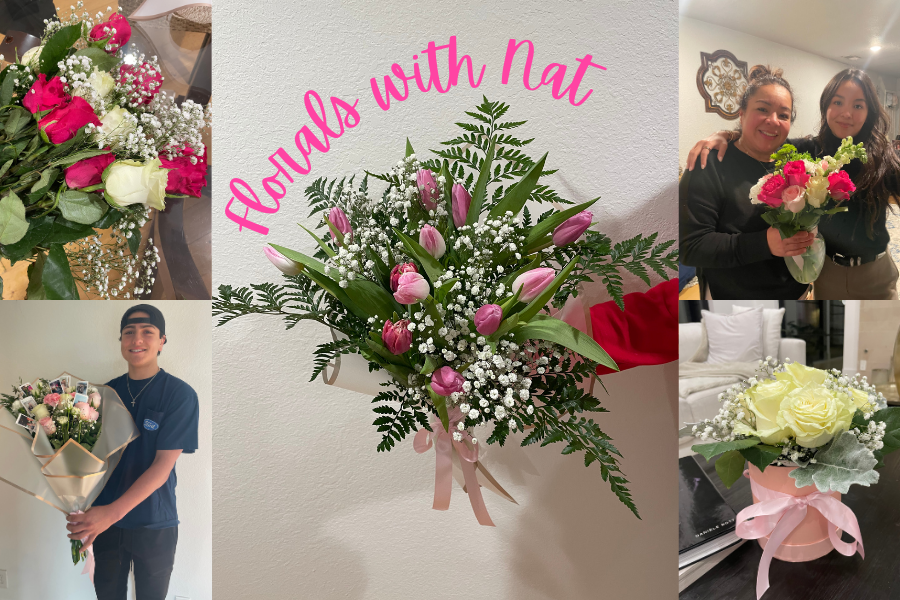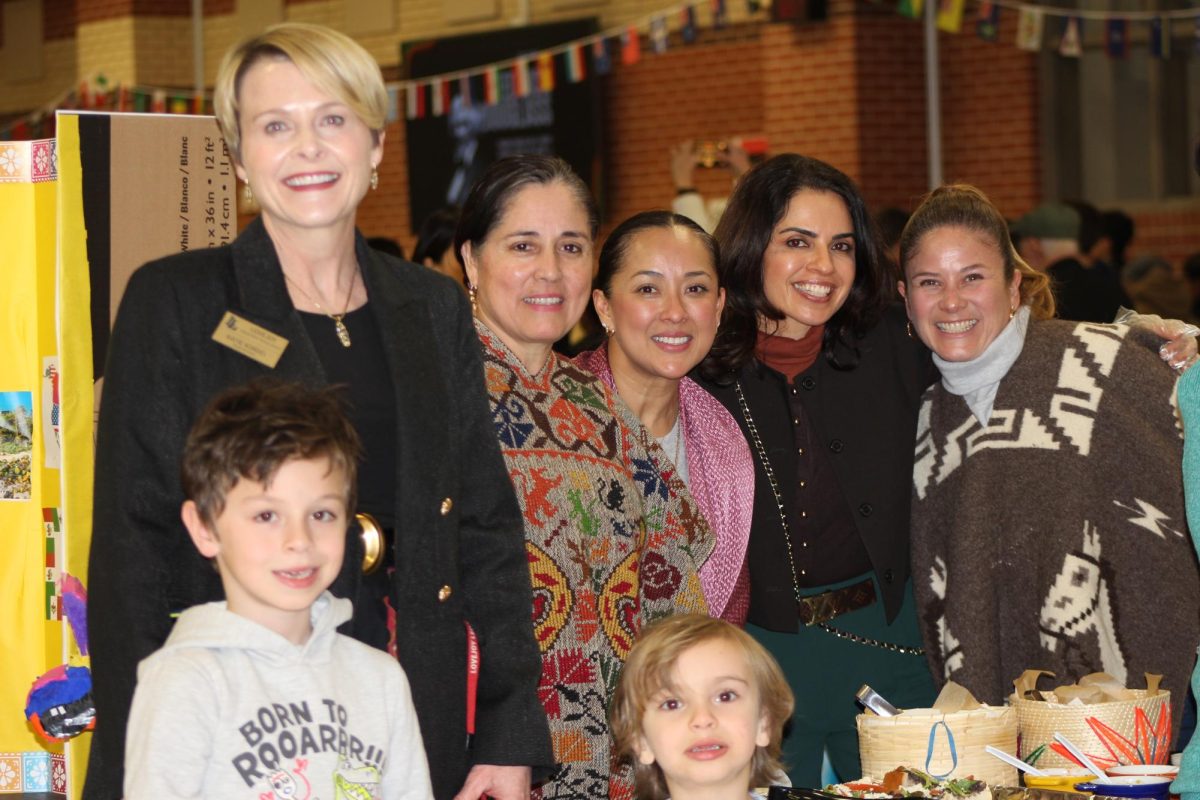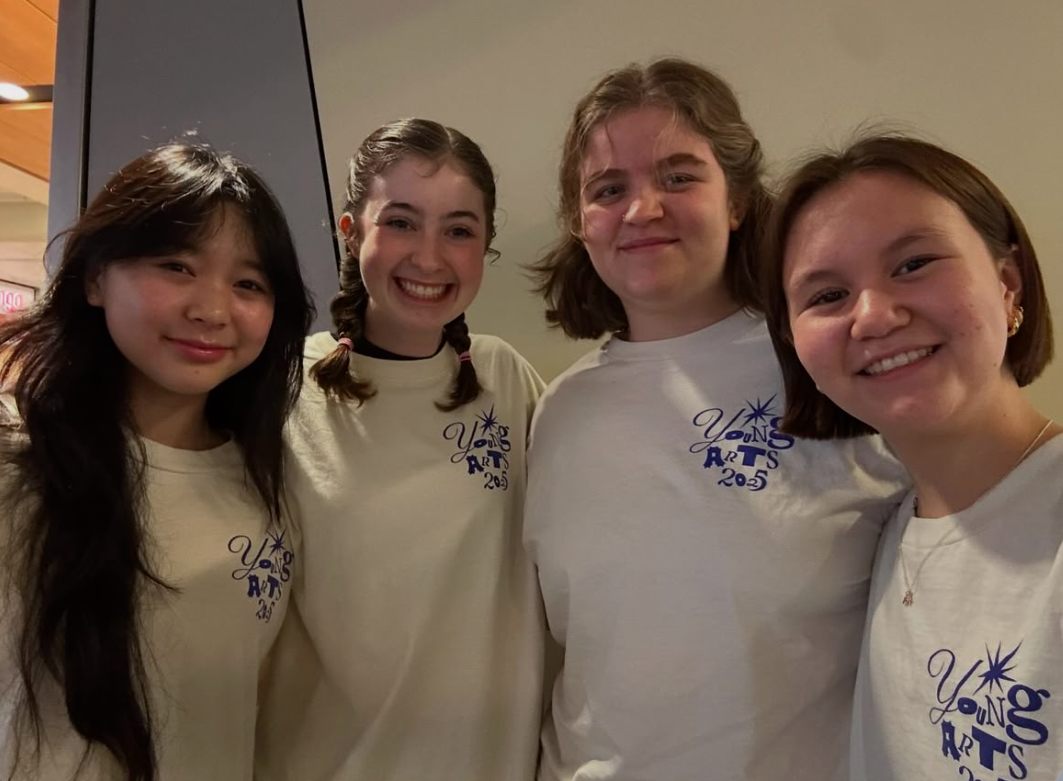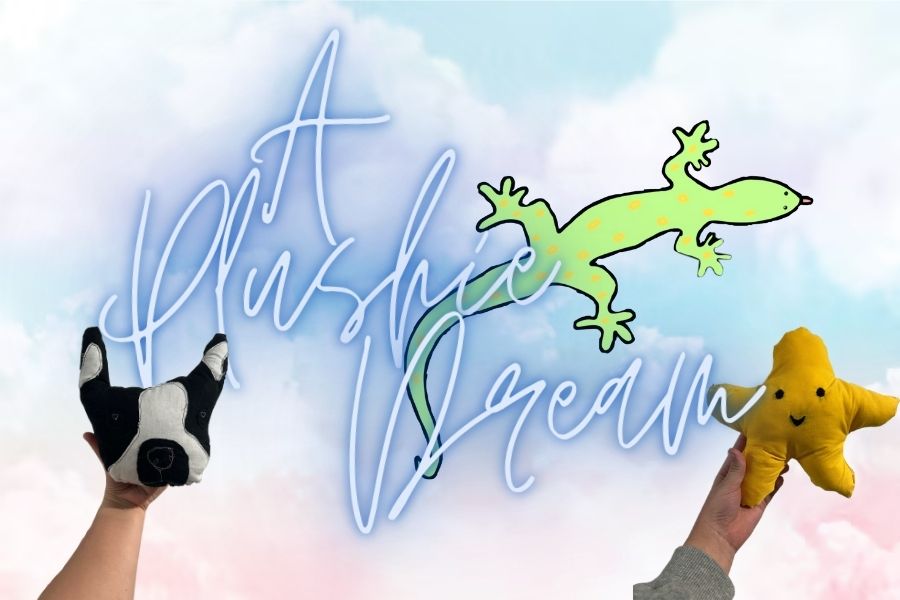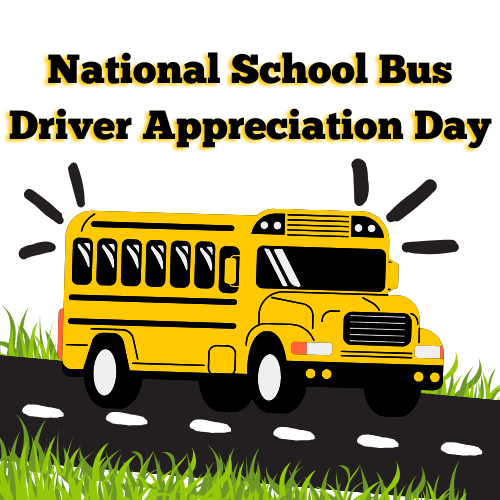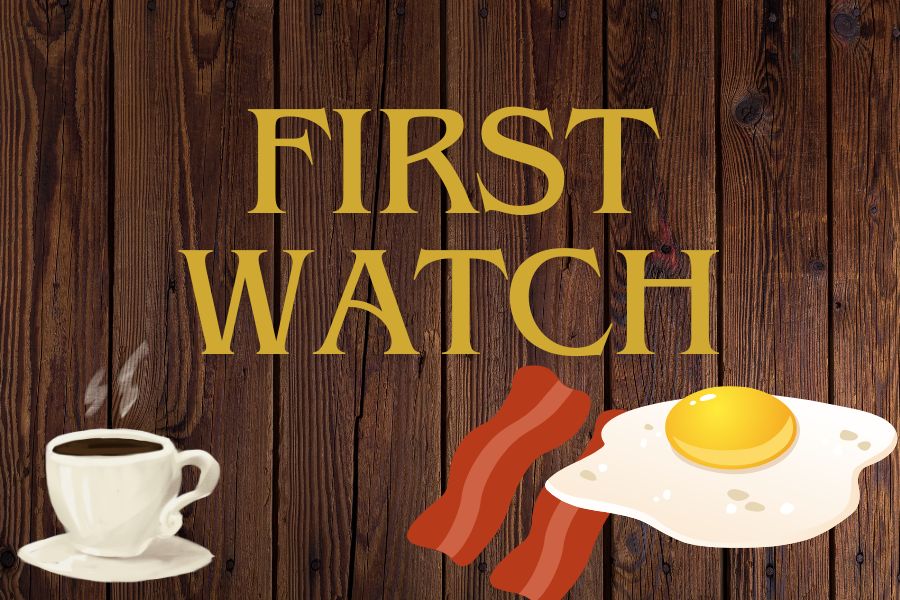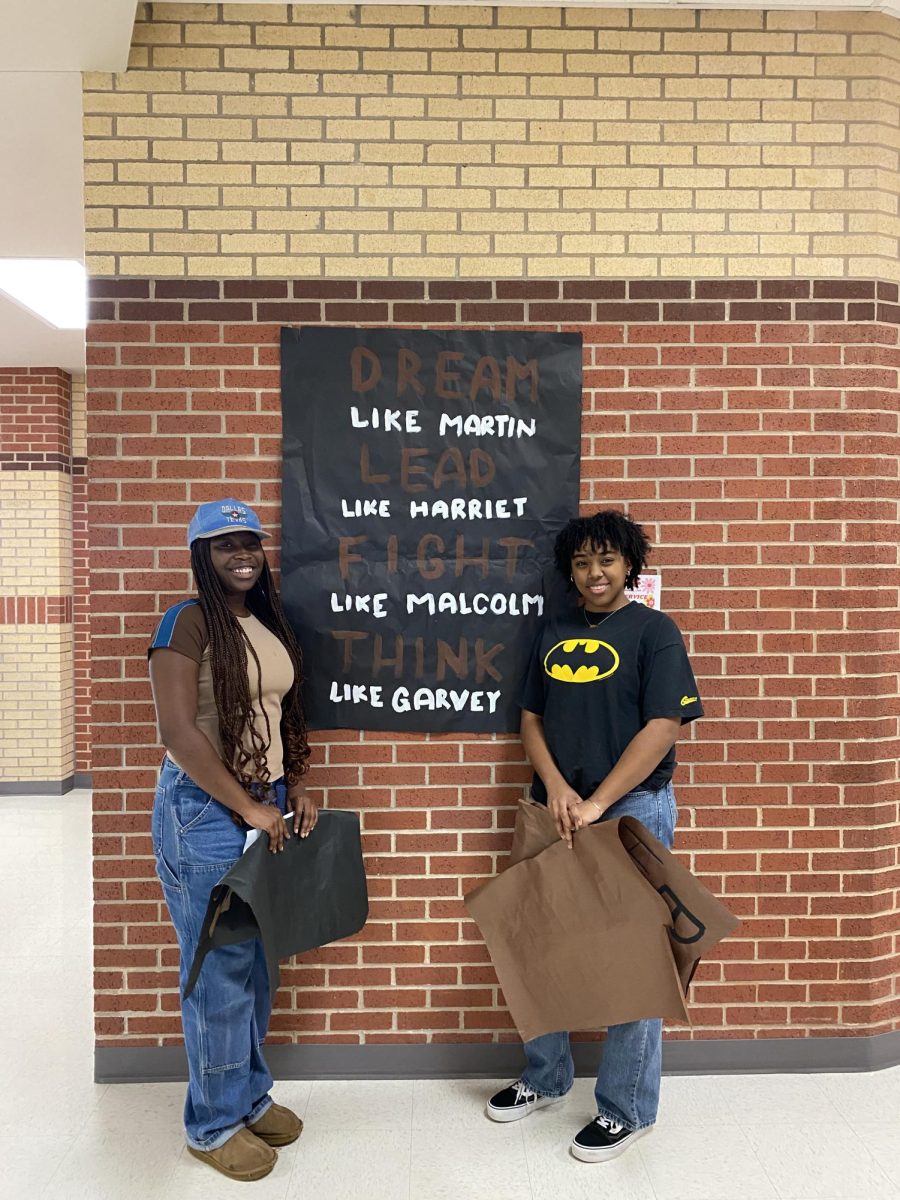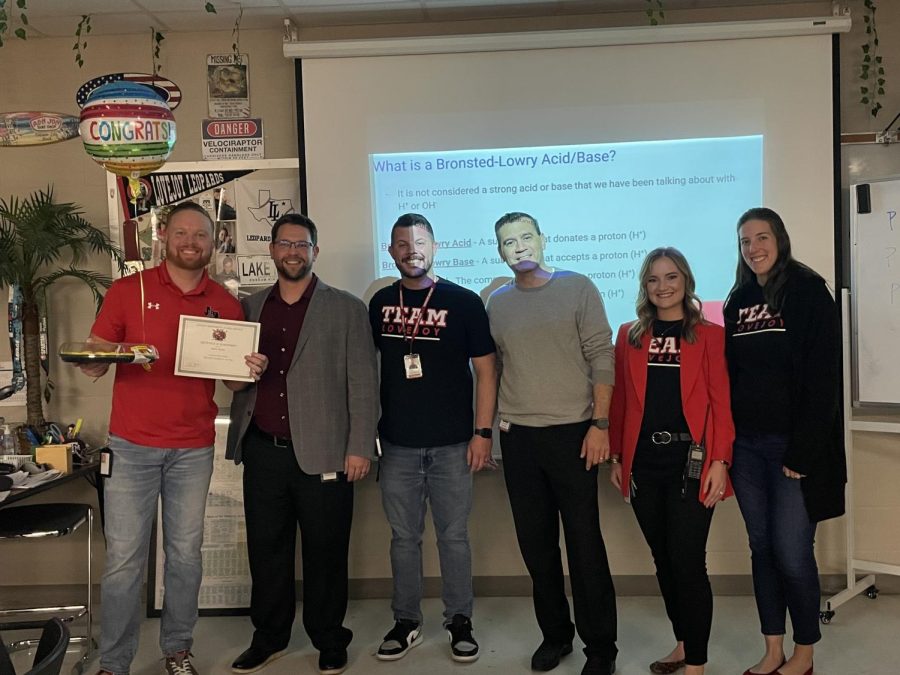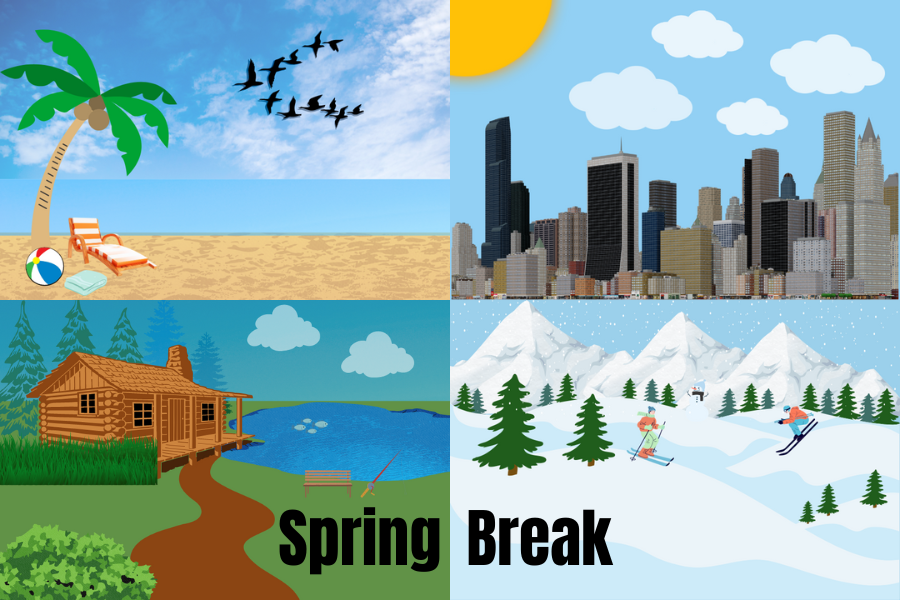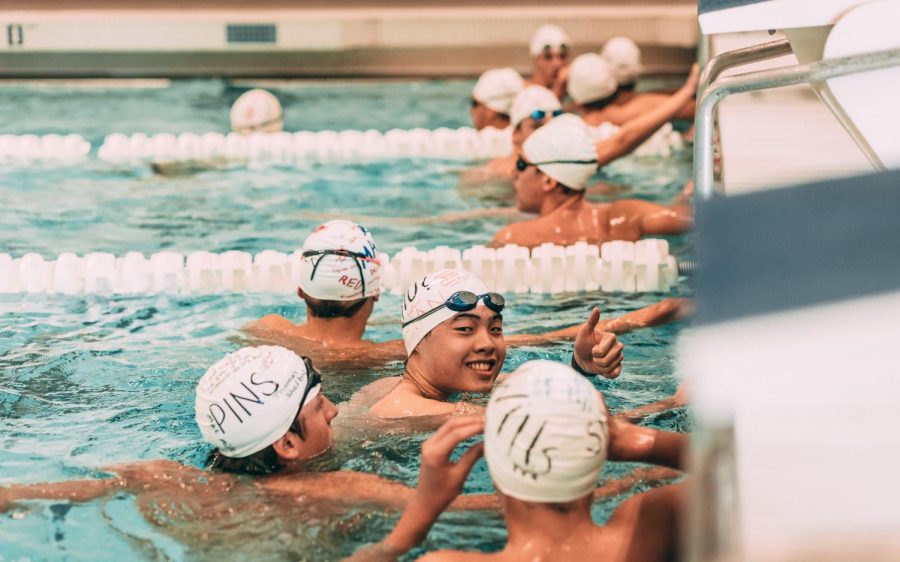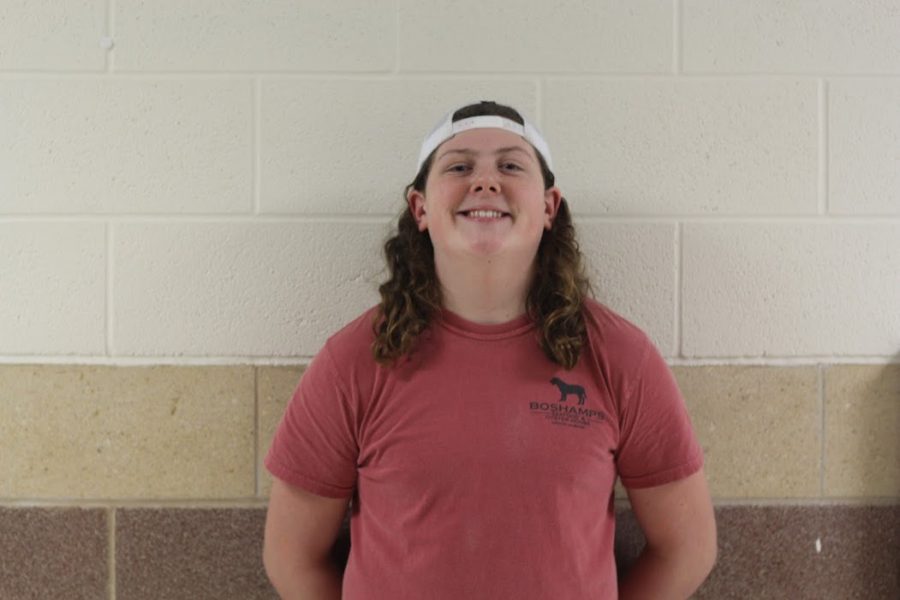When Noah Wallaert and his wife went to the DKMS drive that the high school hosted in 2015 and allowed their mouths to be swabbed, there was a 0.05 percent chance of one of them matching with someone in the database. They weren’t expecting a call back five years later.
“It started with a random number calling me,” Noah said. “For some reason, I picked it up. Most of the time, they’re calling you about my car extended warranties, but I randomly did pick it up.”
The person on the other line said, “Hey, I’m from Be the Match.”
“What?” Noah said.
“Remember when you swabbed your cheek?” the Be the Match employee said.
Noah had forgotten about the drive until the call.
“Oh, that, yeah,” Noah said.
“Well, you’re one of two or three matches that could help this person beat cancer or at least reset their immune system so that they have a better chance,” the employee said. “You can think about it. You don’t have to give me an estimate at any time soon.”
Almost immediately Noah responds, “Yeah, absolutely.”
Noah didn’t know who his cells were going to. All he knew was that the person lived in the U.S.
“The way I looked at it was two weeks of inconvenience and pain to save someone’s life,” Noah said. “That’s a deal I’d do everyday. It was a no-brainer for me.”
Two IVs run from each of his arms for eight hours as his blood drips out. In the background of the Red Cross center, the sounds of YouTube play to distract himself from the uncomfortable needles. He’s past the week-long G-CSF home medication trials that sent his stem cell creation into overdrive, his bed feeling stiff and body achy. He is at the home stretch then the nurses pluck out the needles, leaving a floppy red bag of his stem cells.
“It’s made me super grateful for the organization, it’s dkms.org,” Noah said. “It’s just a cheek swab and then they put you in a database, and you could save someone’s life. It’s made me very humble that just doing something that small could save someone’s life. If they called again, I’d do it in a heartbeat.”
Before Noah could take the G-CSF medication, he had to go through multiple doctor’s appointments to make sure his body was strong enough to handle the donation process.
“It started to make me nervous, and then you read about the medication that they give him to enhance his stem cell production, and that made me nervous as well. Noah talked to the doctors and they swayed his fears or my fears. He wasn’t as nervous about it. He had complete faith in everything. I felt really good about it after that.”
While Noah was at the Red Cross center, he had to have minimal contact with his family because of COVID-19.
“I got called for, ‘hey we’re thinking about you,’” Noah said. “But my favorite thing that has happened for people around me is that because I randomly did happen to be that one and x million people around me have sent in for kits and then gotten their cheek swab.”
Four weeks ago, Noah found out that he was chosen as the ‘hero’ for the OU and Chick-Fil-A sponsored social campaign Kickin for Chicken halftime 15-yard field goal for the OU and Iowa State game on Nov. 20.
“Kicking in front of 80,000 people, it’s probably going to be a little nervous,” Noah said. “When I’m kicking at home, my dog goes crazy, so I’d like to think that I’m getting trained.”
Noah’s sister, Sarah Wallaert, works for Club Sooners Sports Properties and deals with picking the winner for Kickin for Chicken.
“I very often talk about my job,” Sarah said. “I was just talking to Noah one day, and I was like, ‘do you want to do kickin for chicken?’ He was like, ‘Sure, I’ll do it.’ I ran it by everyone, but he met the criteria. It was a conversation and then the greenlight.”
Noah began practicing three weeks ago after he bought a football and a tee, watching Youtube videos about kicking forms in his backyard. On Nov. 17, Noah came up to the high school from Plano to practice kicking since his family are still members of the community.
“There’s only so much real world experience you can get just kicking in your backyard while your dog barks at you,” Noah said. “I figured I’d come up here. As long as the fields are vacant, I can kick it through some uprights and get some tactile practice before the actual thing.”

Noah missed the kick, but still received the year’s supply of chicken.
“I think it was the nerves, but I think he still had a good time,” Sarah said. “He still got a year’s supply of chicken because I was the one running it, and it was the end of Chick-Fil-A’s contract so I gave it to him anyways. Noah is a very easygoing, happy guy, and so he doesn’t get bothered by that kind of thing. He was just like, ‘Dang, I missed it.’”
Athletic Coordinator and Head Basketball Coach Kyle Herrema encouraged the school to hold the drive about five years ago. The drive hit close to home as a friend of his, David Woodson, had blood cancer and was saved by a donated stem cell transplant. Herrema and the Wallaert family encourage the school to host another drive.
“We talked about doing that last year [hosting a drive],” Herrema said. “Last year wasn’t a good year because of COVID. We’d love to do another donation again. We have a whole new set of teachers. A whole new set of people we could possibly choose from. I think we’ll try to do it someplace closer in the spring where most of our seniors have a chance to turn 18 and be eligible. We’ll try to set that up for the spring.”
As six months have passed since his PBST (peripheral blood stem cell transplant), Noah now knows he saved a 47-year-old woman from blood cancer who is doing better. Him and his family support and encourage others around them to get their cheeks swabbed as it is always a possibility to be the one out of five million.
“If someone is considering it, I’d say it’s one of the easiest things to do that can add a huge net positive to someone else’s life,” Noah said. “Every step of the way, the organization was like at any point for any reason you can back out. It’s a free way to help people out. It takes two minutes out of your day. It’s just swabbing your cheek.”




